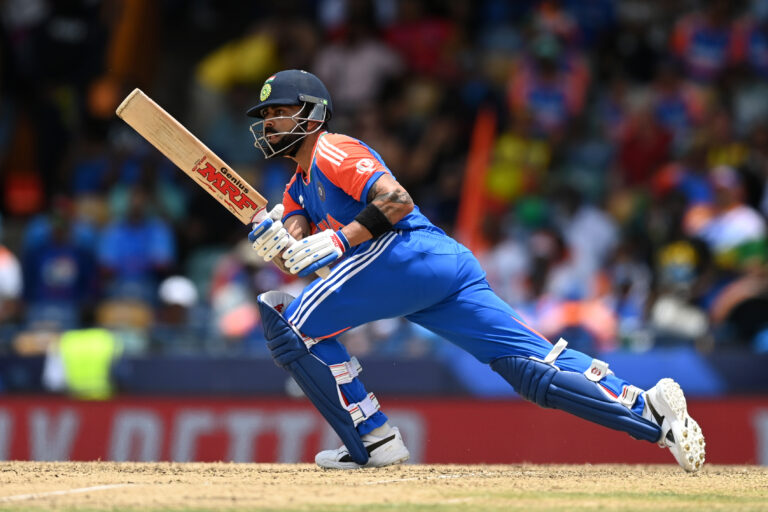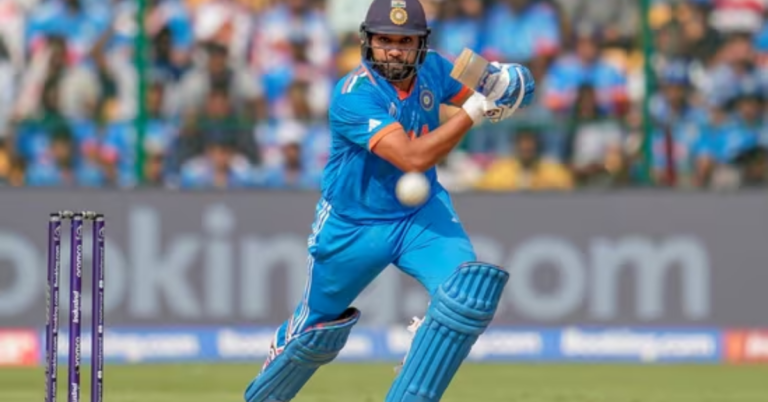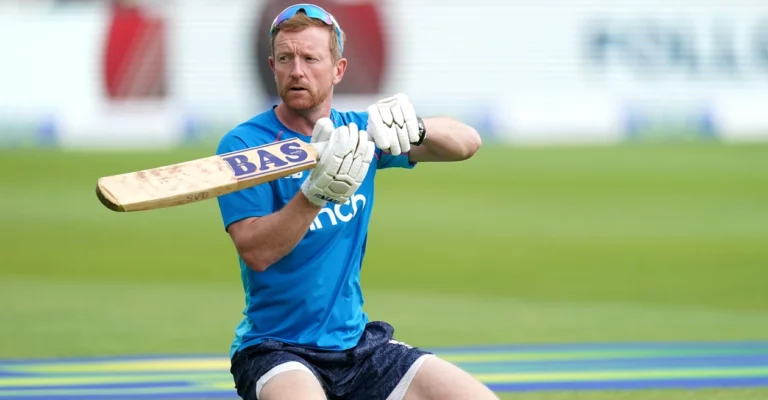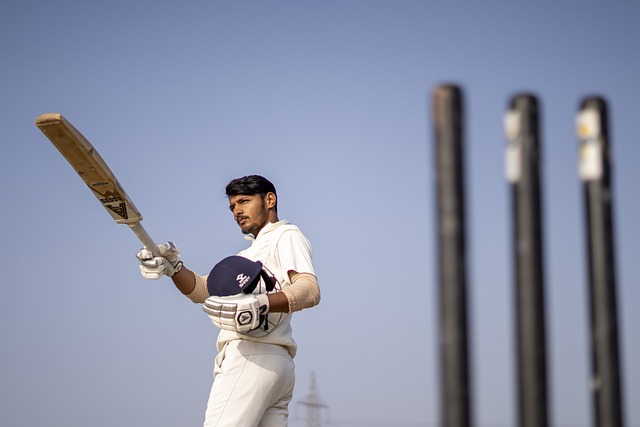The role of IPL in combating match-fixing and corruption in cricket
Reddy Book Club, Gold365: Match-fixing in cricket dates back to as early as the 1990s when the first major scandal involving top cricketers surfaced. The revelation of players accepting money to deliberately underperform or lose a match shocked the cricketing world and raised serious questions about the integrity of the game. Since then, several high-profile cases have emerged across different cricketing nations, highlighting the pervasive nature of this unethical practice.
The proliferation of match-fixing in cricket has been fuelled by the allure of financial gain and the involvement of shady betting syndicates. This has not only tarnished the reputation of players and teams but has also undermined the trust and confidence of fans in the sport. The long-lasting impact of these scandals has prompted cricketing authorities to implement stringent anti-corruption measures to combat the menace of match-fixing and preserve the purity of the game.
Why Corruption in Cricket is a Major Concern
Corruption in cricket raises serious concerns due to its detrimental effects on the integrity and fairness of the game. The essence of cricket lies in the spirit of competition, where players showcase their skills and abilities on a level playing field. When corrupt practices such as match-fixing come into play, they undermine the credibility of results and cast a shadow of doubt over the authenticity of performances.
Moreover, corruption in cricket not only tarnishes the sport’s reputation but also erodes the trust and confidence of fans worldwide. Cricket enthusiasts invest their time, emotions, and money in following the game, expecting to witness genuine contests between teams. However, when match-fixing occurs, it not only deceives the fans but also jeopardizes the future of cricket as a respected and revered sport.
Impact of Match-fixing on the Integrity of Cricket
Match-fixing in cricket has cast a shadow of doubt over the integrity of the sport. When players and officials engage in corrupt practices for personal gain, it undermines the core values of fairness and honesty that are essential for the game to thrive. Fans lose trust in the legitimacy of the matches, and the reputation of cricket as a whole is tarnished.
The impact of match-fixing goes beyond just the immediate matches that are manipulated. It erodes the foundation of cricket as a competitive sport where skill and hard work are supposed to determine the outcome. The integrity of the results is compromised, and the spirit of fair play is overshadowed by the greed and dishonesty of those involved in match-fixing.
What is match-fixing in cricket?
Match-fixing in cricket refers to the manipulation of a game’s outcome by players, officials, or other individuals for financial gain.
When did match-fixing first become a problem in cricket?
Match-fixing in cricket has been documented as far back as the late 19th century, but it gained significant attention in the late 20th and early 21st centuries.
How does match-fixing impact the integrity of cricket?
Match-fixing undermines the credibility and fairness of the sport, eroding the trust of fans, sponsors, and stakeholders in the game.
Why is corruption in cricket considered a major concern?
Corruption in cricket not only tarnishes the reputation of the sport but also has far-reaching consequences on players’ careers, the financial stability of cricket boards, and the overall spirit of fair play.
What measures have been taken to combat match-fixing in cricket?
Various anti-corruption units, educational programs, and monitoring systems have been implemented by cricket boards and governing bodies to prevent and detect instances of match-fixing in the sport.







